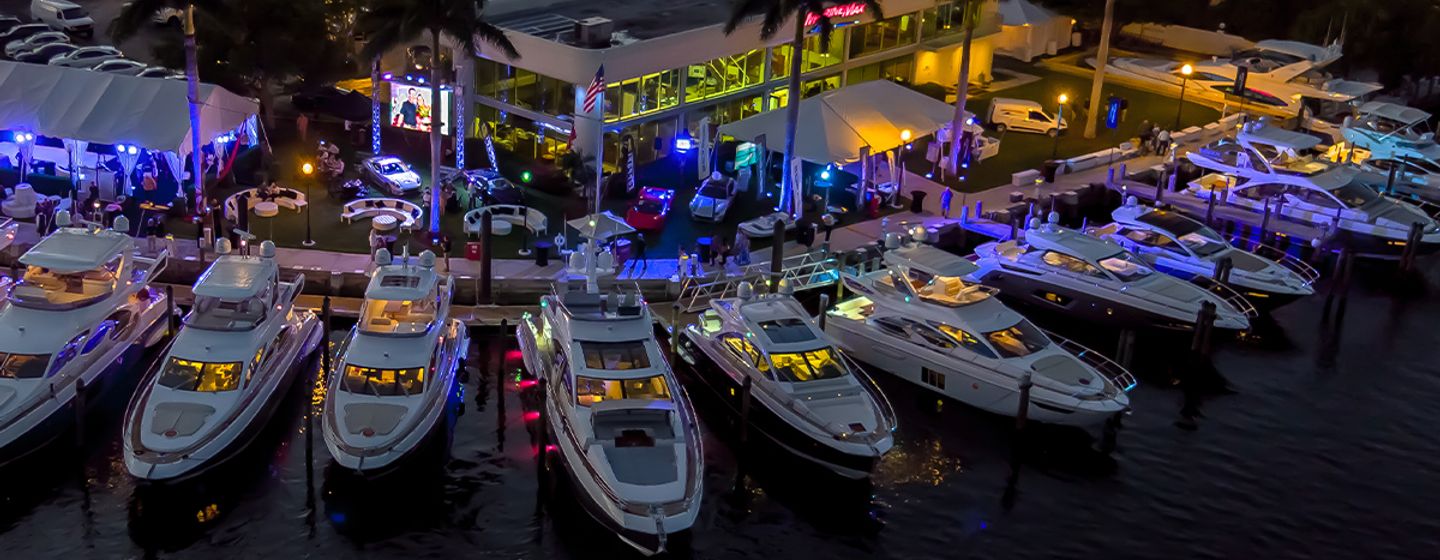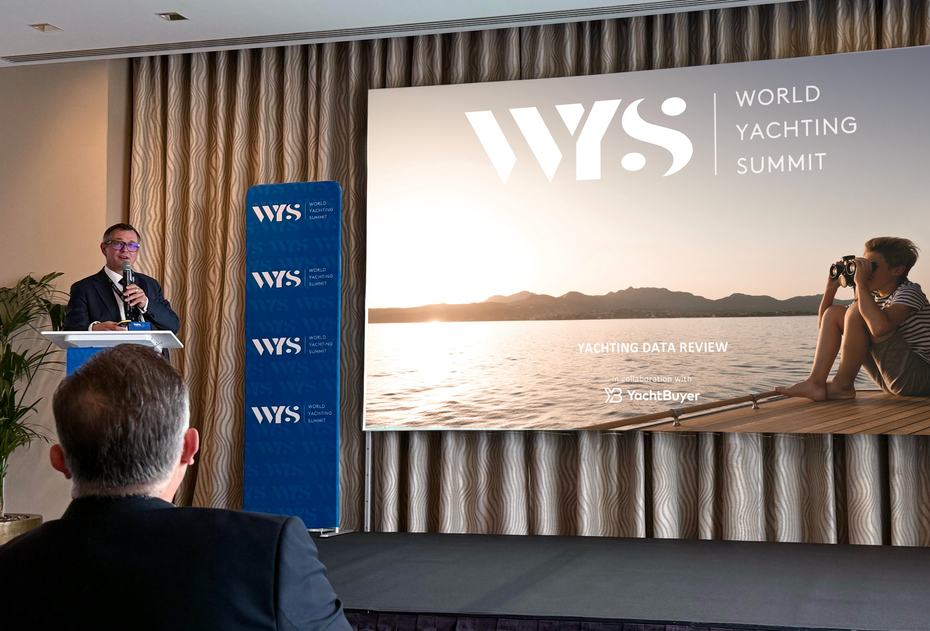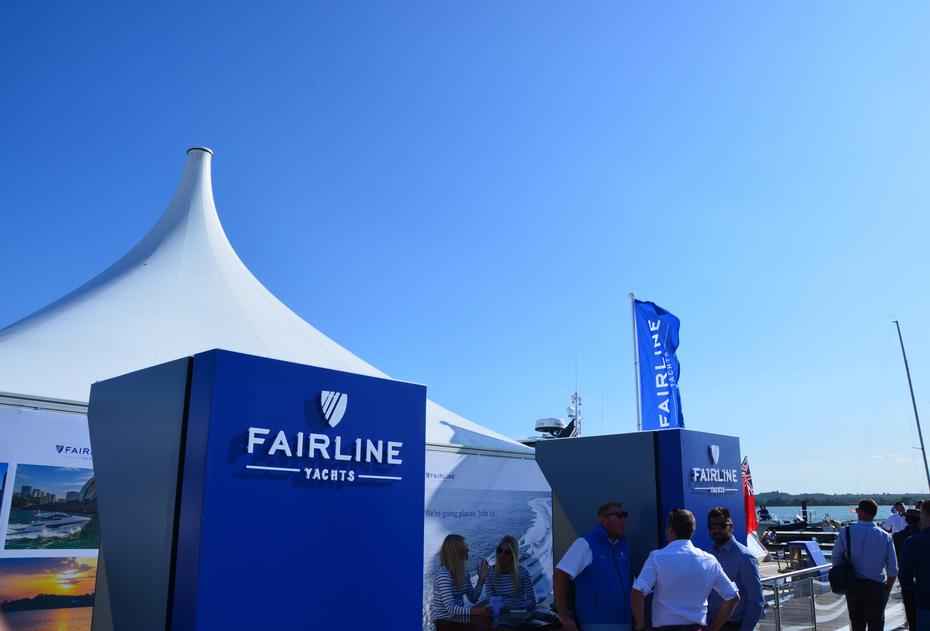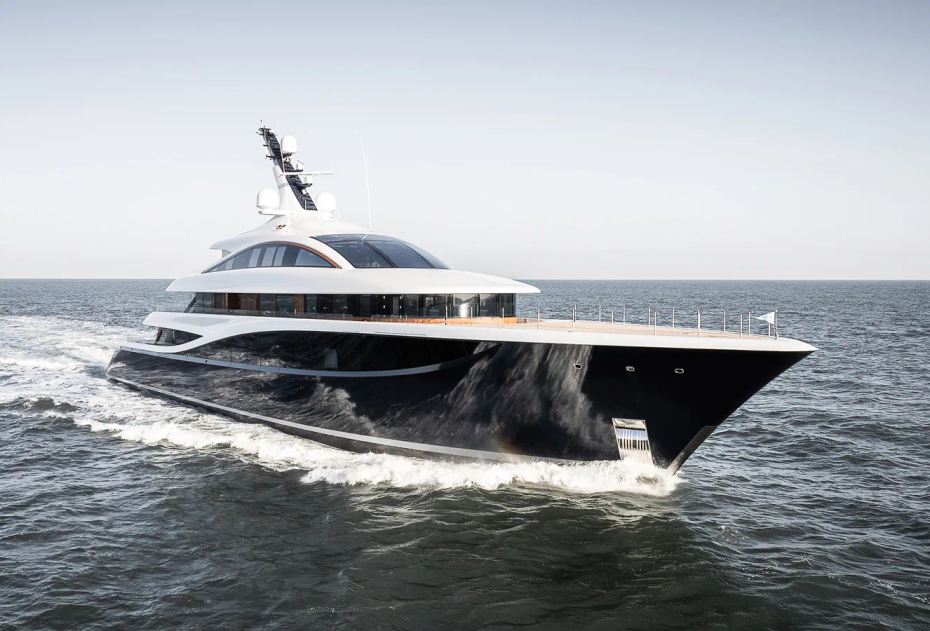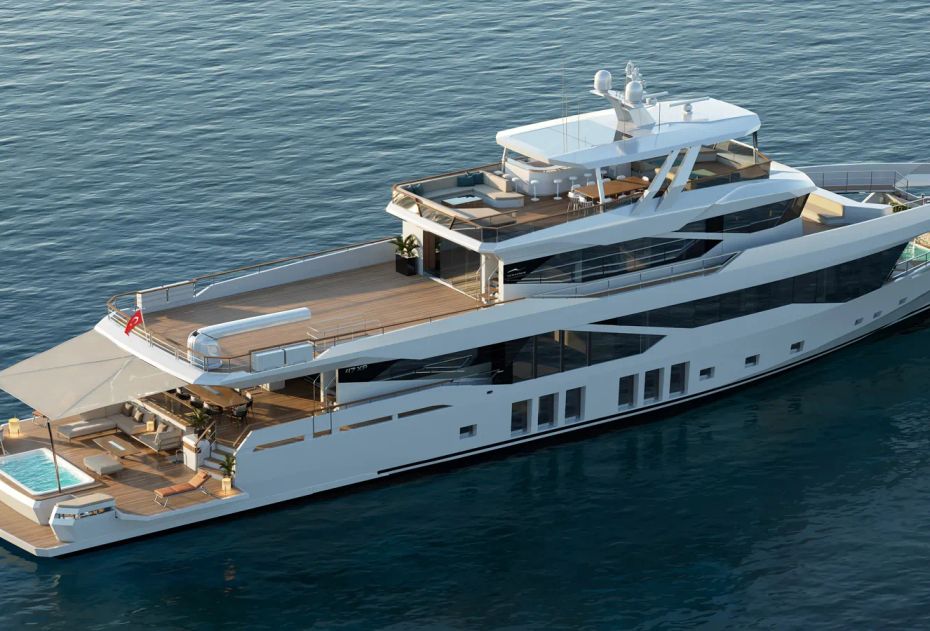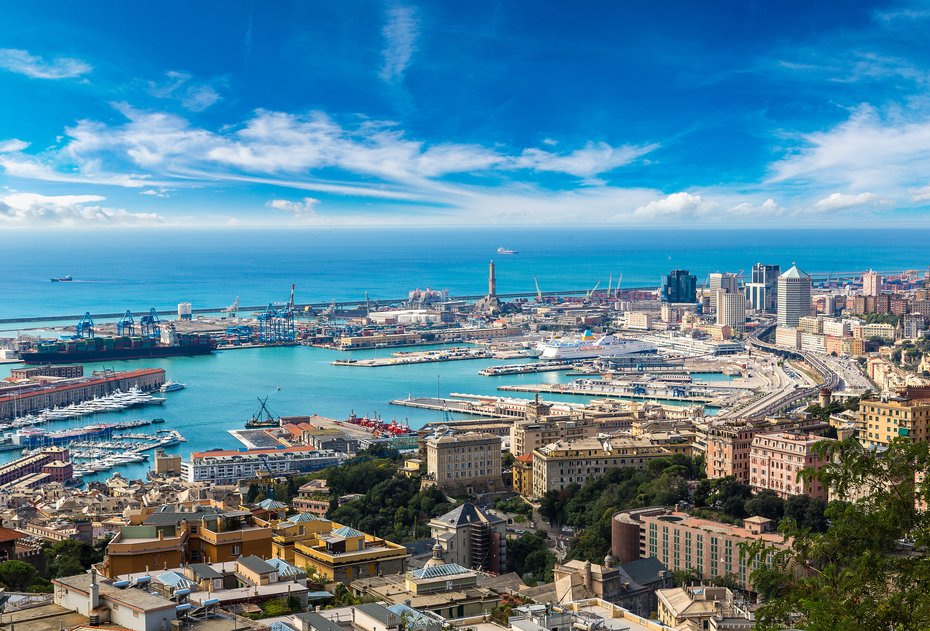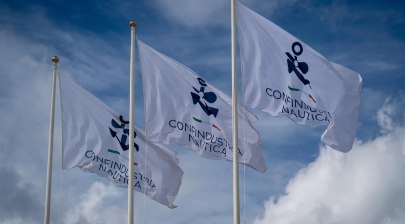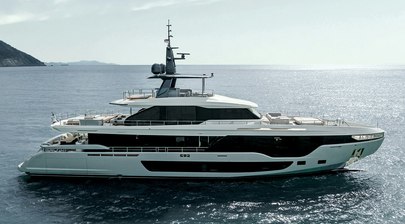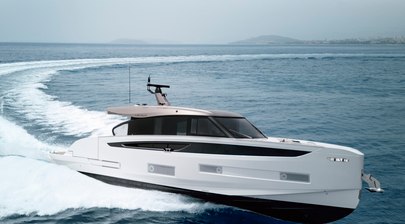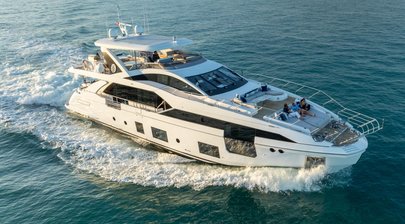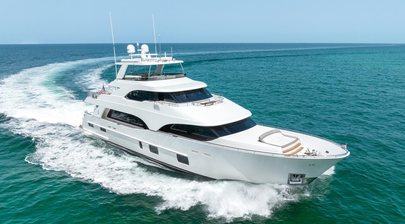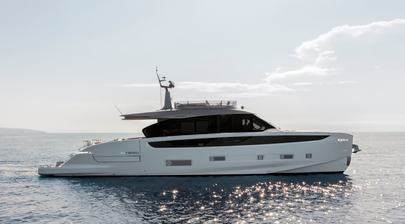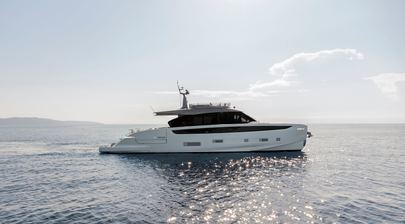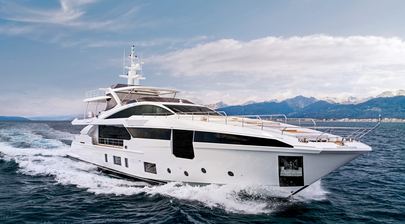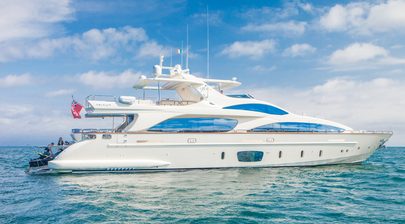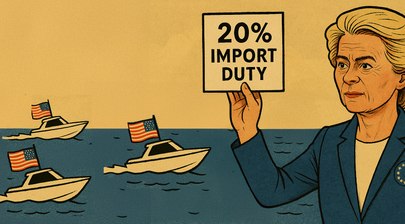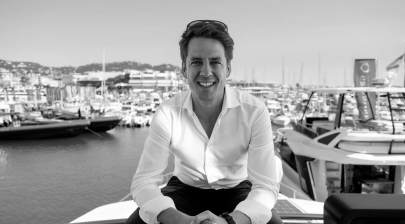Strategic acquisitions and operational expansion helped MarineMax navigate persistent margin pressure stemming from a softening retail environment. Despite economic headwinds, the group’s diversified business model continues to deliver stable performance.
The NYSE-listed retailer (HZO) generated $631.5 million in revenue, up 8.3% from the same quarter last year, with same-store sales up 11%, underlining consumer appetite for high-quality boating experiences. Net income for the quarter came in at $3.3 million, or $0.14 per share, while adjusted net income reached $5.4 million, or $0.23 per diluted share. Adjusted EBITDA rose to $30.9 million, a modest increase from the prior year.
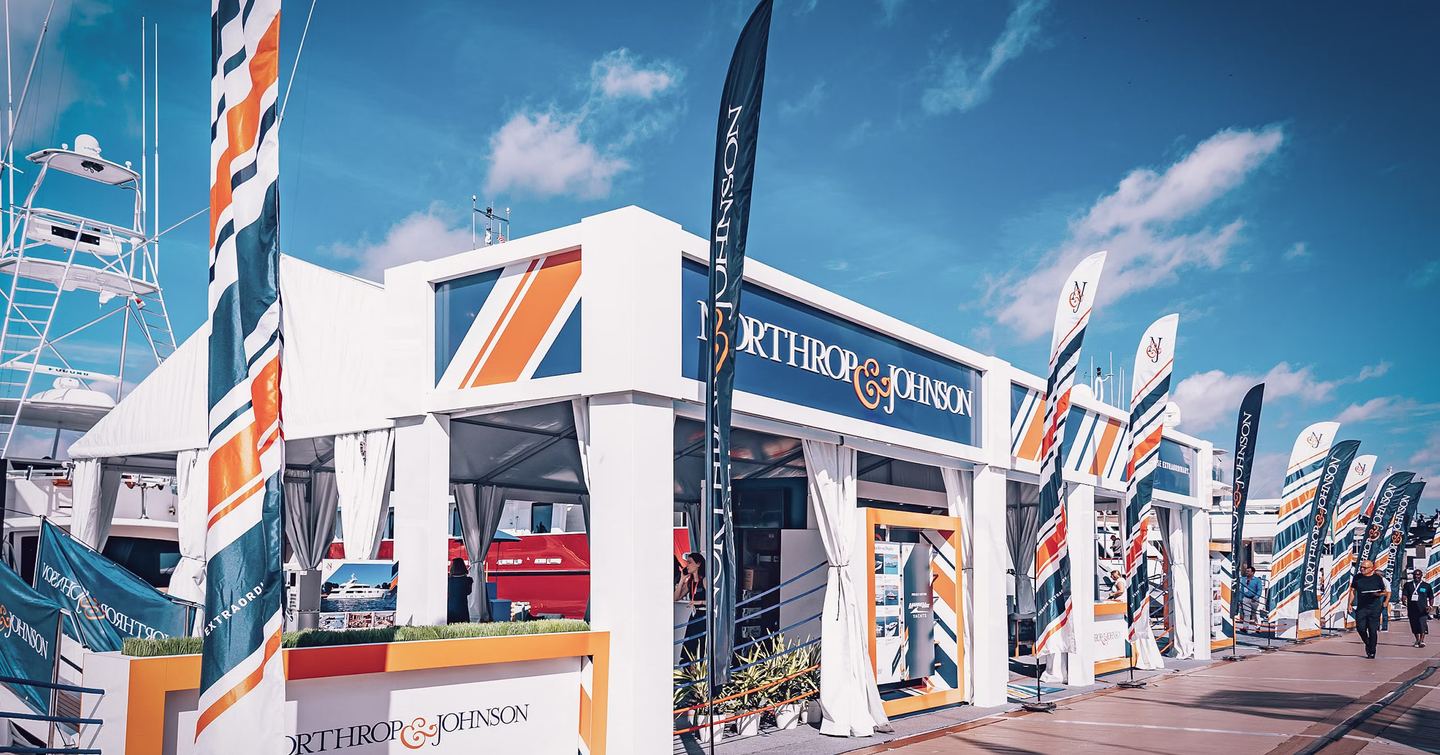
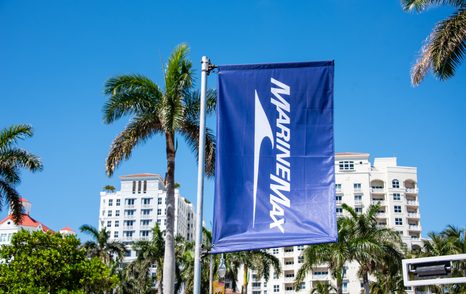
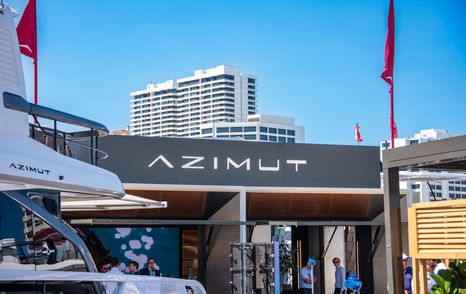
Despite facing a weak retail market and an uncertain macroeconomic climate, we delivered a strong second-quarter performance...
CEO
MarineMax
A key strategic move this quarter was the acquisition of Shelter Bay Marine, a marina and dry storage operation in Marathon, Florida. This acquisition aligns with MarineMax’s ongoing effort to diversify revenue streams beyond retail sales and strengthen its service and marina footprint in key boating destinations like the Florida Keys.
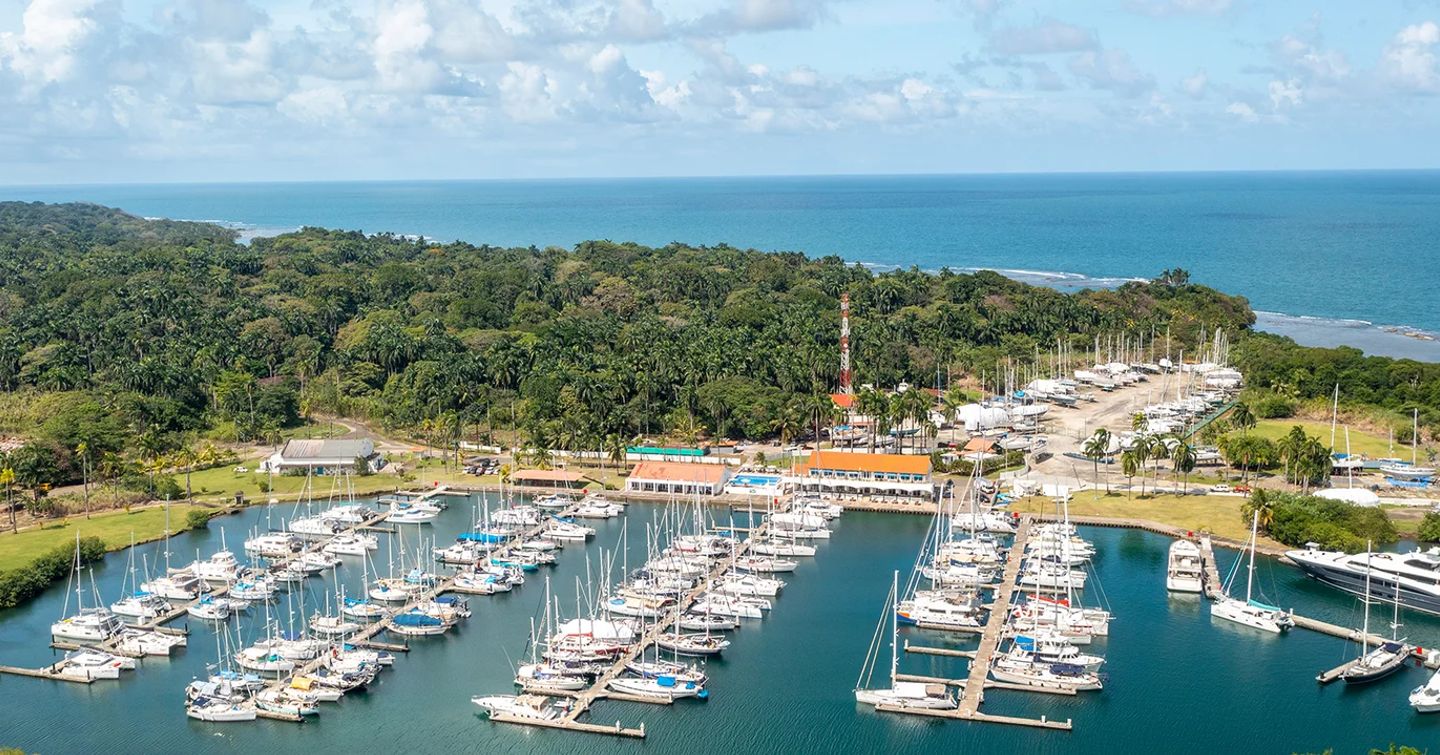
Superyacht and Services Strategy Paying Off
MarineMax has strategically diversified beyond traditional boat sales into superyacht services, marina operations, and finance/insurance, helping it better weather economic headwinds. The company’s gross margin for the year to date stood at 32.7%, despite a drop to 30.0% in Q2, primarily due to lower retail margins.
A key highlight of the quarter was the acquisition of Shelter Bay Marine, a marina and dry storage facility in Marathon, Florida. The purchase strengthens MarineMax’s position in the Florida Keys and adds valuable recurring revenue streams from storage, maintenance, and marina services.
Cautious Guidance Sends a Signal to the Wider Market
Despite outperforming expectations on revenue, MarineMax issued revised downward guidance for the remainder of fiscal 2025. The company now forecasts:
- Adjusted net income between $1.40 to $2.40 per diluted share (previously $1.80–$2.80)
- Adjusted EBITDA between $140 million to $170 million (previously $150M–$180M)
This more conservative outlook reflects broader softness in the U.S. yachting market, especially in the mid- to upper-range recreational segment. As interest rates and inflation continue to weigh on consumer spending, dealers across the country are seeing increased promotional activity and slower sales cycles.
MarineMax’s cautious tone may be an early indicator of a wider recalibration in the industry, where margin pressure and slower inventory turnover begin to influence sales strategies and customer behavior heading into the second half of the year.

Tariffs Add a Layer of Uncertainty for European Brands
Compounding these challenges is the potential impact of recently implemented U.S. tariffs, which could affect pricing and accessibility for European yacht brands such as Azimut, Galeon, and Ocean Alexander - all represented by MarineMax. Though specifics were not outlined in the earnings release, tariffs on imported luxury goods could drive up prices by 10-25%, making European-built yachts significantly less competitive versus U.S.-manufactured alternatives.
Such changes would not only erode price positioning but could also impact supply chain reliability and shift buyer preference toward domestic offerings like Sea Ray and Boston Whaler. Dealers may be forced to absorb higher costs or pass them along to customers, further complicating an already tight market.
Our diversified model, with a focus on premium brands and high-value services, continues to prove resilient,” said McGill. “We remain focused on controlling expenses and investing in strategic areas of growth."
Outlook: Diversification Is the Safety Net
While the retail environment presents clear challenges, MarineMax’s long-term strategy of integrating marinas, superyacht services, financing, and aftersales continues to serve as a buffer against volatility. The company’s year-to-date gross margin of 32.7% - despite a Q2 dip - underscores the value of its expanded services model.
